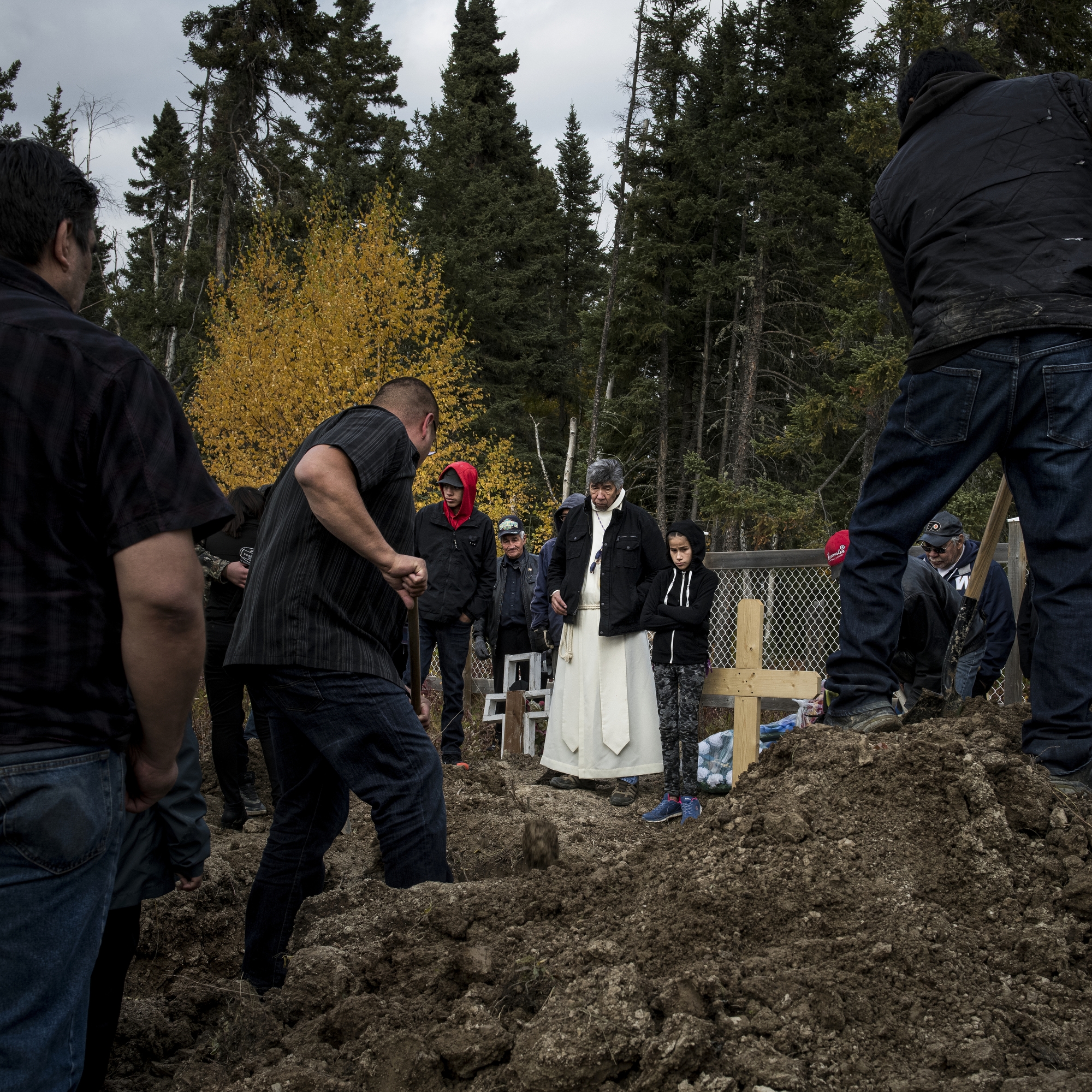
Two blank cheques: are Ontario and B.C. copying the homework?
Governments of the two provinces have eerily similar plans to give themselves new powers to...
The Canadian Association of Journalists presented The Narwhal with an award for photojournalism Saturday, during a Zoom gala to celebrate excellence in journalism produced in 2020.
The award for photojournalism went to Aaron Vincent Elkaim for his in-depth photo feature that examines the impacts of hydro development in northern Manitoba within the larger contextual legacy of ongoing environmental colonialism in Canada.
Elkaim spent several years travelling to Indigenous communities impacted by six major hydro dams built along the Nelson River, which have flooded and destroyed ecosystems, polluted water, degraded fish quality and exacerbated the problem of economic and food insecurity in the remote region.
Ninety-seven per cent of energy produced in Manitoba comes from hydroelectricity.
“Manitoba’s hydroelectric dams have always been marketed as clean, renewable energy,” Elkaim writes. “And yet, these projects have massively transformed the province’s northern ecosystems, impacting the culture, lives and livelihoods of Indigenous communities.”

The award is a demonstration of The Narwhal’s commitment to powerful visual storytelling, The Narwhal’s co-founder and editor-in-chief, Emma Gilchrist, said.
“We launched The Narwhal to tell stories that are often out of sight and out of mind,” Gilchrist said. “We are incredible honoured to receive this recognition for telling an often-overlooked story.”
The award is Elkaim’s second for The Narwhal. His photo essay documenting the impacts of oilsands development on the Fort Mckay First Nation took home the Canadian Association of Journalists photojournalism award in 2019.
Elkaim’s work has been published in The New Yorker, The New York Times, National Geographic, TIME, Telegraph Magazine, The Canadian Press and The Globe and Mail.
The Narwhal was also nominated for Amber Bracken’s photo essay of the Wet’suwet’en matriarchs who were arrested by RCMP officers enforcing the Coastal GasLink pipeline injunction in January 2020, along with seven other awards.
Both Elkaim’s and Bracken’s photo essays are also currently nominated for photojournalism awards with the 2021 National Magazine Awards.
Launched just three years ago, The Narwhal is ad-free, non-profit and has just eight full-time employees. The Narwhal’s award-worthy journalism is made possible by the more than 3,100 monthly members.
Get the inside scoop on The Narwhal’s environment and climate reporting by signing up for our free newsletter. On a warm September evening nearly 15...
Continue reading
Governments of the two provinces have eerily similar plans to give themselves new powers to...

Katzie First Nation wants BC Hydro to let more water into the Fraser region's Alouette...

Premier David Eby says new legislation won’t degrade environmental protections or Indigenous Rights. Critics warn...
